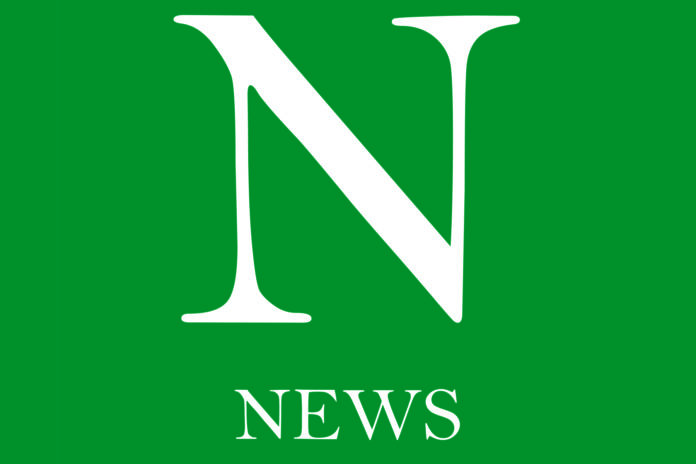Every year, Pennsylvania State System of Higher Education (PASSHE) schools face tough decisions on which programs to continue funding and which to teach out or close. SRU is no exception.
Each university submits a comprehensive planning process (CPP) document to PASSHE after being reviewed by APSCUF. This document contains information on enrollment, staffing and finances for struggling programs the university offers, and it is used to decide which programs the university will continue to fund.
“The administration has a responsibility to constantly be evaluating the program array that we have,” interim provost Michael Zieg said, “and to ensure that we are operating efficiently.”
To operate efficiently, provosts and deans must make tough decisions for programs that are not as successful as they were projected. They use the staffing and enrollment information from the CPP to make these decisions.
If the program is failing due to a staffing shortage, the PASSHE schools may work together by sending professors with fewer students to the struggling program, which allows universities to offer courses that others are struggling to fill.
If the problem is related to enrollment, the provosts and deans may discuss teaching out the program. This is based on supply and demand.
“We have several hundred fewer students than we ever had,” Dan Bauer, the College of Liberal Arts dean, said. “We have as many or more faculty members than we had when we had several hundred students more. When your checkbook is near empty, what do you do?”
Some upper-level classes may have only four or five students in them, and it takes the tuition of 12 or more students to pay the professor’s salary and benefits.
Programs that find themselves on the CPP are usually expected since these numbers are constantly being evaluated. The dean of the college then communicates with the faculty so the program’s health is not a surprise, and they can come up with a plan.
If things don’t get better, the provost may discuss with the president, dean or faculty before making a final decision on the program’s fate. There’s still hope for these programs though, and each has a different timeline.
Lower-level classes with many students can help pay for the classes that have fewer students and are highly specialized.
“I have a lot of classes of 49 at the freshman level,” Bauer said. “That’s pretty easy then for me to pay for some upper-level courses that may have 10 or 12 students in them.”
Programs are also able to run at a deficit if they are allocated money from lower-level courses. The dean may also factor in the number of professors in the program or how close they are to retirement.
The College of Health Sciences is one of Slippery Rock’s strongest programs and is in high demand after the pandemic. Therefore, it’s one of the safest and has opened complex programs like in-person clinicals. The College of Business has the most programs on the CPP that are in danger even though many new programs have been opened.
New programs are created with an enrollment plan, which shows the projected numbers for the program. The success of these programs is measured by comparing the projected enrollment to the actual enrollment. Many of these new programs opened are online and viewed as investments, which don’t always pan out.
“Equity is different than sameness,” Bauer said. “Equity is we give equal regard to a number of input factors, but in some cases, some of those input factors are stronger in some cases than they are in others.”








